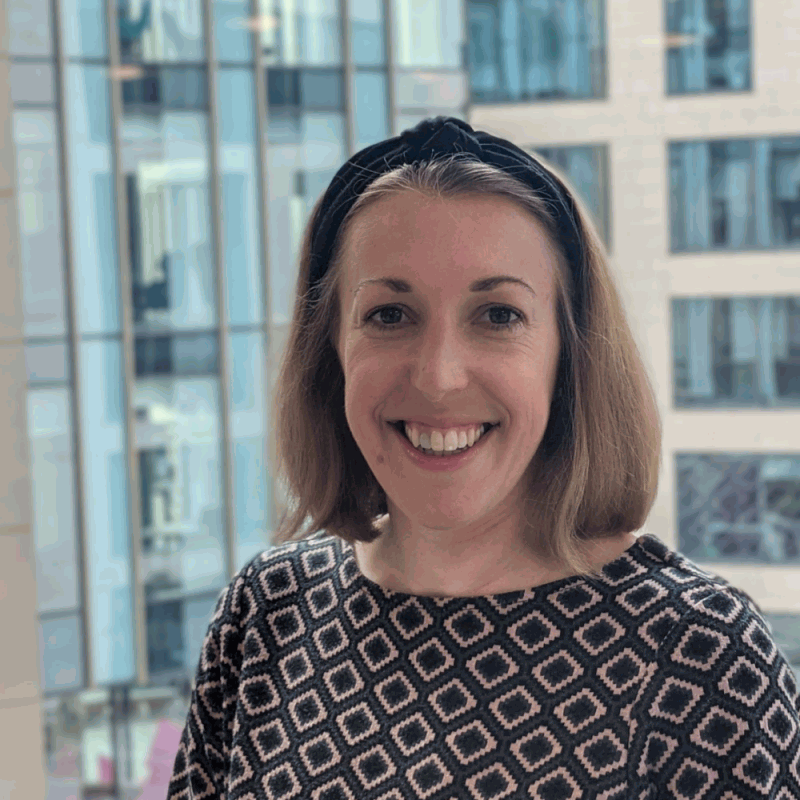No Planet B, so what’s the plan?
Reflections from our recent Senior Leadership forum.
We all know we should be doing something about it, we’re all trying to do something about it, but climate change and environmental impact can feel like just one more uphill struggle among many for charities to contend with. The scale of the issue and the constant information, some of it contradictory, can be overwhelming.
Where to start?
There are lots of resources available online for individuals to assess their own environmental footprint, which can be a useful tool to engage volunteers, staff and beneficiaries at the start of an organisation’s sustainability journey.
Whilst there are lots of initiatives or changes which require significant input, whether time or financial, discussions have shown that there can be many small changes which can be quicker and easier to implement.
Communicating
Speaking to others operating in the same sector can be helpful – it can sometimes feel as though organisations are pitted against one another, but working together where governance allows and sharing best practice can achieve outcomes which may not have been possible separately.
Smaller changes to communications with beneficiaries, supporters and stakeholders can also have a surprisingly big impact. For example, where there is a choice (perhaps in terms of transport options or on a café menu), putting the more sustainable option first can prompt a change of thinking in the reader.
Finances
Grant funders and contracting organisations increasingly appear to be requiring evidence of sustainability practices and/or social impact as part of their application or procurement processes, which is forcing many charities to move quickly with such initiatives. Conversely, finding suitable sources of funding to implement green initiatives, or invest in more sustainable options for a charity, can be difficult. Such funding seems to spread across or form small parts of other funds, rather than any more centralised options being available.
And finally…
Sustainability and tackling climate change is on ongoing and constantly developing exercise. As senior leaders, as well as looking forward, it is important to recognise when initiatives have been successfully implemented.
Look out for the details of our next senior leadership forum, which will be available shortly.
|
If you would like to discuss any aspect of this article further, please contact Hayley Marsden or any member of our Charities and Social Economy team on 0113 244 6100. You can also keep up to date by following Wrigleys Charities and Social Economy team on LinkedIn. The information in this article is necessarily of a general nature. The law stated is correct at the date (stated above) this article was first posted to our website. Specific advice should be sought for specific situations. If you have any queries or need any legal advice please feel free to contact Wrigleys Solicitors. |



